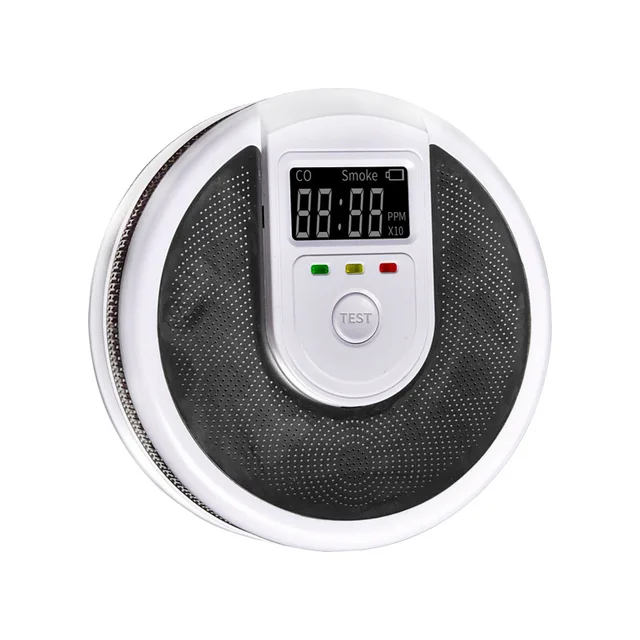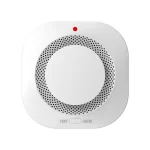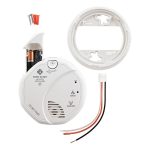Identifying the Beeping Smoke Alarm
When your home’s peace gets disrupted by the shrill sound of a beeping smoke alarm, prompt action is necessary. First, figure out which unit is making the noise. If you have multiple smoke alarms, this can be a bit of a hunt. Listen closely to track the beep to its source, noting that the faster beeping could indicate an actual fire, whereas intermittent chirps often signal a less urgent issue, like a low battery. It’s crucial to address every beep diligently, as your smoke alarm is a key element of your home safety plan.
If only one alarm is chirping, it’s likely an issue within that specific device. However, if all the alarms beep simultaneously without the presence of smoke, you could be looking at a more complex issue, possibly related to your home’s electrical system. Start by inspecting the suspected smoke alarm closely. Check for obvious signs such as a loose battery compartment or any debris around the sensor area, as these are common culprits. If nothing seems amiss externally, it’s time to delve deeper into troubleshooting, which will involve checking battery health, the cleanliness of the device, and its overall condition.
Remember, persistent beeping not only serves as a nuisance but as a reminder that an aspect of your fire safety system needs attention. By identifying the beeping smoke alarm, you’ve taken the first critical step towards ensuring your home remains a safe haven for you and your loved ones.
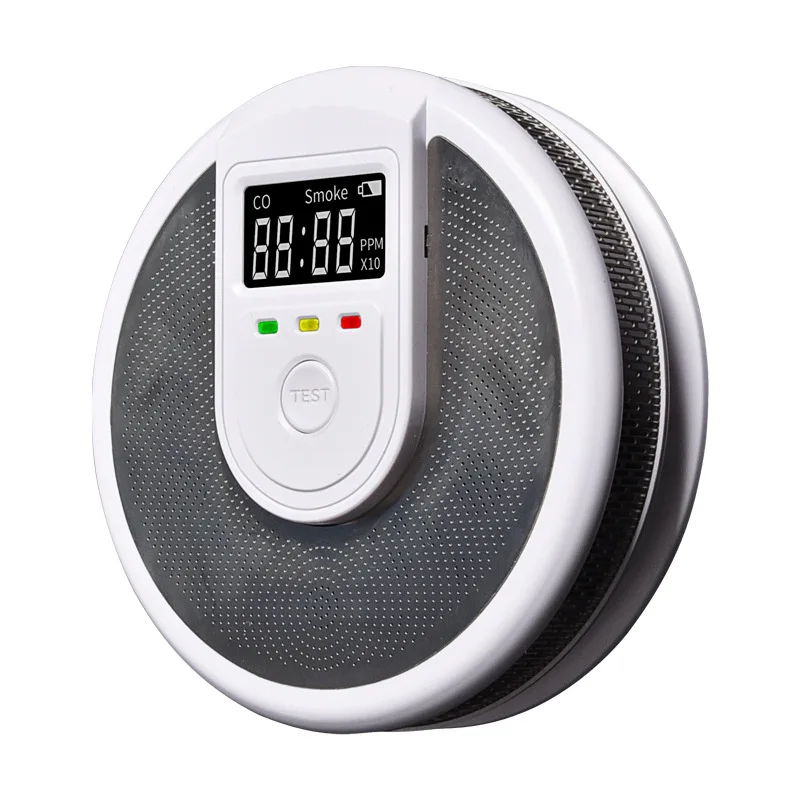
Common Causes for a Smoke Alarm Beeping
The sound of a smoke alarm beeping can be both alarming and annoying. Understanding the common causes of this noise can help you quickly address the issue. Here are a variety of factors that may cause your smoke alarm to beep or chirp regularly.
Battery-Related Issues
A frequent cause for a smoke alarm beeping is a battery problem. Batteries can become loose, or they might not be installed correctly. Even if batteries are new, they could be faulty or have a lower charge than required. It’s important to check these components first when you hear that persistent chirp.
Environmental Factors and Sensing Chamber Obstructions
Dust, insects, or spider webs can clog the sensing chamber of smoke alarms. This obstruction can trigger false alarms or regular beeping. Smoke alarms are also sensitive to environmental conditions like humidity or extreme temperatures, which can cause issues.
Electrical Issues in Hard-Wired Alarms
For alarms that are wired into your home’s electrical system, intermittent beeping could indicate an electrical problem. It might be a sign of power interruptions or a malfunction in the alarm system itself, particularly if all connected units beep at once.
End-of-Life and Replacement Signals
Smoke alarms are designed to last for a certain period, usually around 8 to 10 years. An alarm might begin to beep to indicate it’s reaching its end of life and needs replacement. Looking for the manufacture date on the alarm can help you determine if replacement is necessary.
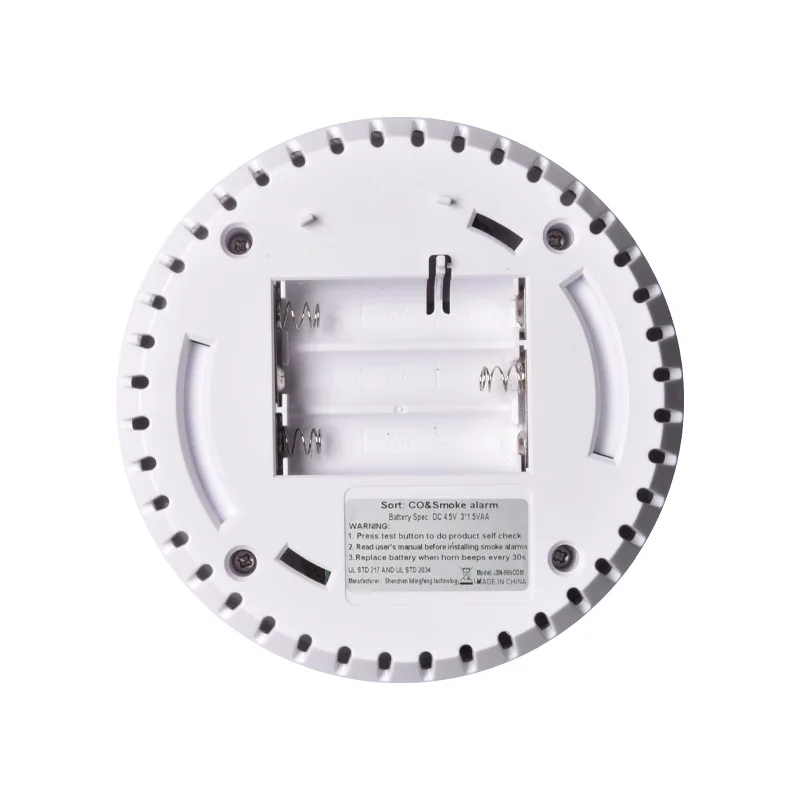
Step-by-Step Troubleshooting Guide
When you encounter a beeping smoke alarm, follow this guide for a systematic approach to solve the issue.
Resetting the Smoke Alarm
Start by resetting your smoke alarm. Locate the reset button, press and hold it for 15 seconds, then release. Wait and see if the beeping stops. If it continues, there could be a deeper issue.
Replacing Smoke Alarm Batteries
Next, examine the batteries. If they’re incorrectly installed, reorient them. Replace old batteries with new ones, ensuring they match the voltage recommended by the manufacturer. Remember to test your alarm afterwards.
Cleaning and Maintenance
A dirty smoke alarm could false alarm. Turn off the power to hard-wired alarms before you start cleaning. Use a vacuum to remove dust or insects from the sensing chamber. After cleaning, test the alarm.
Checking for Humidity and Temperature Fluctuations
Your alarm might react to high humidity or temperature changes. Check if the alarm is near a bathroom or kitchen. If so, move it to a location less prone to humidity and temperature swings.
Understanding Different Types of Smoke Alarm Sounds
Identifying the unique sounds your smoke alarm makes is crucial for taking appropriate action. Here’s a brief guide to understand the different types of beeps emitted by smoke alarms.
Continuous, Rapid Beeps
This type of sound typically indicates that smoke is present. If all interconnected smoke alarms go off together, it signals the presence of smoke somewhere in the vicinity. Always investigate and, if necessary, evacuate the area immediately.
Intermittent Chirps Every 30 Seconds or Minute
Usually, this sound suggests a low battery issue but can also mean improper battery installation or terminal obstruction. Replace batteries and ensure correct installation to address this.
Varied Beeping Patterns
A smoke detector may also emit distinct patterns of beeps for different problems, such as a malfunction or a system nearing the end of its life. If the beeps are inconsistent or do not match the common patterns for low battery or smoke detection, consult the smoke detector’s manual or seek professional advice.
Beeps From Combination Detectors
If you own a combination smoke and carbon monoxide detector, be aware that different beep patterns could signal the presence of carbon monoxide. Refer to the device’s manual to differentiate between smoke and carbon monoxide alerts.
Recognizing these sounds can save lives, and it’s essential to familiarize yourself with them as part of your household’s safety procedures. Always test and maintain your smoke alarms as recommended by the manufacturer to ensure they function correctly when needed.
When to Replace Your Smoke Alarm
Deciding when to replace your smoke alarm is key to ensuring home safety. Most smoke alarms have a lifespan of up to ten years. However, their actual lifespan can vary based on the model and how well you maintain them. As a rule, if your smoke alarm is more than ten years old, it’s time to install a new one. But, don’t wait for a decade to pass if you notice problems sooner.
You should replace your smoke alarm before the ten-year mark if:
- It makes irregular beeps despite changing batteries and cleaning.
- You can’t stop it from beeping after trying every troubleshooting step.
- The manufacturing date shows it’s close to or over eight years old.
- It fails to respond to monthly testing, even with new batteries.
Remember, safety comes first. If you can’t fix the issue, replace the smoke alarm to protect your family.
Choosing the Right Type of Smoke Alarm for Your Home
Choosing the right smoke alarm is crucial. It can save lives and ensure your safety. You should know the two main types: battery-operated and hard-wired. Each has benefits and drawbacks. Let’s look at them closely.
Battery-Operated vs. Hard-Wired Smoke Alarms
Battery-operated alarms are common and easy to install. They work when the power is out, which is their main advantage. Remember to check batteries regularly, though. They need replacement every six months or when they beep, signaling they are low.
Hard-wired alarms connect to your home’s electrical system. They are more reliable as they don’t rely on batteries alone. Many have battery backups for power outages. However, they need professional installation.
Consider your home, lifestyle, and preferences when choosing. Make sure you test the alarms monthly, no matter which type. If you are still unsure, consult a professional to make the best choice for your home.
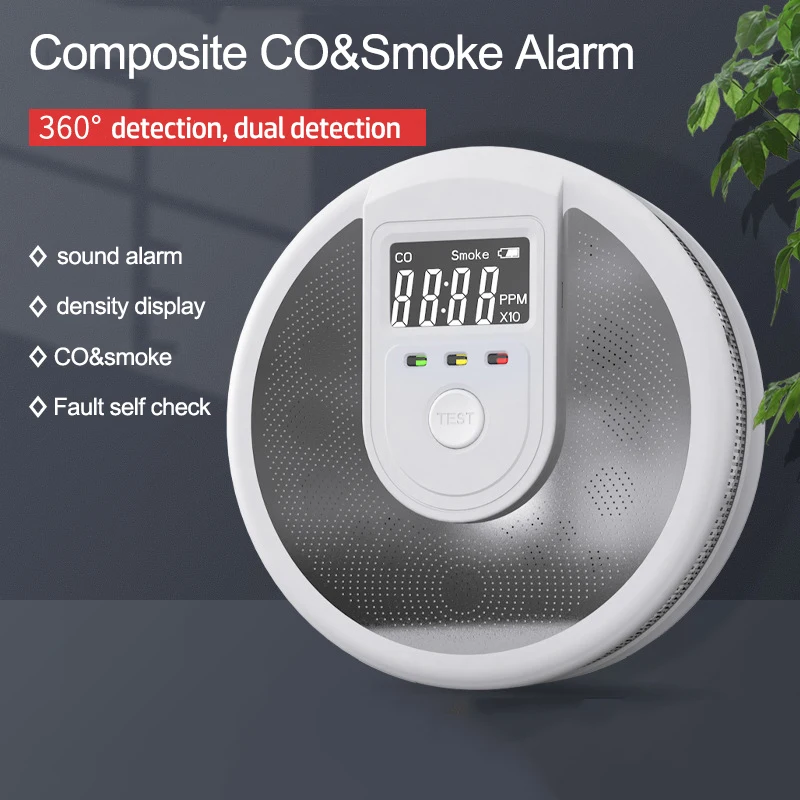
Professional Assistance and When to Seek Help
Sometimes, despite all our efforts, fixing a beeping smoke alarm can be tough. It’s essential to know when to ask for professional help. Here are scenarios when you should contact an expert.
If Troubleshooting Fails
If you’ve tried every step in the troubleshooting guide and the alarm still beeps, seek help. Experts can find issues we might overlook, or it might be a sign of a deeper problem only professionals can fix.
After an Electrical Issue
When your home has had electrical issues, like a power surge, get a pro. They can check if your smoke alarms have been damaged or need recalibration.
If Your Alarm is Old
If your smoke alarm is near or past its life expectancy, call a technician. Alarms older than ten years or that don’t respond to testing might need replacing.
For Installation of Hard-Wired Alarms
For hard-wired smoke alarms, you need an electrician for safe installation. Don’t attempt this on your own since it involves your home’s electrical system.
Complex Beeping Patterns
If the beep patterns are complex or don’t match known issues, contact support. The manufacturer can explain what the alarm is signaling.
Frequent False Alarms
If your alarm gives off false alerts often, despite being clean and having fresh batteries, get help. Something might be wrong with the sensor.
Remember, it’s better to be safe than sorry. When in doubt, always call a professional to ensure your smoke alarms function correctly and keep your home safe.
